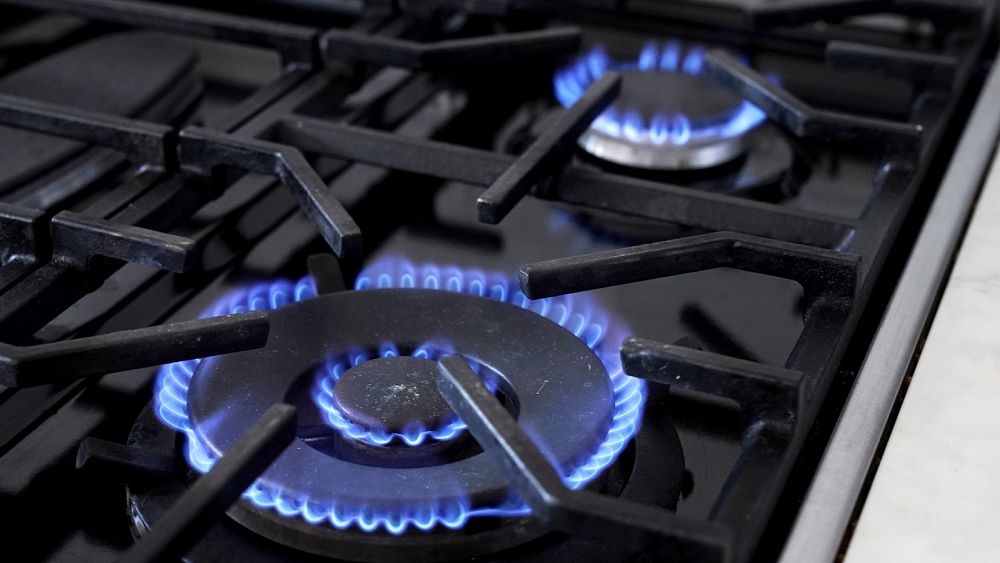
Europeans seem to have moved on from the worst of the energy crisis.
The study, published on Monday morning, shows energy falling from third to sixth spot in the list of “main concerns at European level.”
The findings were compiled between May and June across the bloc’s 27 member states and were then compared to the results of the winter edition, which covered January and February.
Inflation and the cost of living remain the top concern for 27% of all respondents, closely followed by the international situation (25%), a catch-all term that mostly refers to the Ukraine war.
Both topics have however receded in the past six months.
Immigration, on the other hand, has jumped to the third position (24%), a rise that can be attributed to a series of recent tragedies in the Mediterranean Sea and the persisting logistical problems that many governments face in the reception of asylum seekers.
The renewed interest in migration has been mirrored by EU leaders as they inject a fresh political push to revamp the bloc’s common asylum rules. But the topic is proven increasingly explosive and unpredictable, as shown in the abrupt collapse of the Dutch ruling coalition.
Climate change (22%) and the economic situation (17%) complete the top five concerns of European citizens.
In the meantime, energy sees the strongest decline across the board: from 26% in the previous Eurobarometer to 16% in the latest edition. Greece is the only member state where energy represents the top concern, tying at 25% with immigration.
The change in perception comes after several consecutive months of decreasing gas prices: trading at the Title Transfer Facility (TTF), Europe’s leading hub, closed on Friday at €33 per megawatt-hour, a far cry from the three-digit territory that haunted consumers for most of 2022.
The regained stability in global markets has allowed governments to replenish their underground storage facilities without fuelling a price spiral: the EU’s storage levels currently stand at almost 80%, compared to 60% last year.
The bloc’s successful response to the energy crisis was the result of a variety of personal measures, policy initiatives and external factors that worked together to rebalance the supply-demand mismatch and mitigate speculative behaviour.
The new Eurobarometer shows broad support for some of the actions that helped weather the storm: 85% of respondents think the EU should invest “massively” in renewable systems and 82% believe the bloc should cut down its dependency on Russian fossil fuels “as soon as possible.”
Meanwhile, 78% of people surveyed say they have taken steps to reduce their energy consumption at home or plan to do “in the near future.” Policymakers and analysts have credited personal savings as the driving force to stabilise the market.